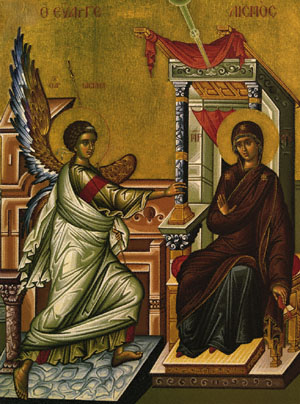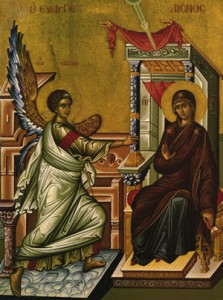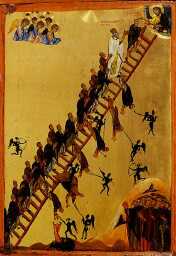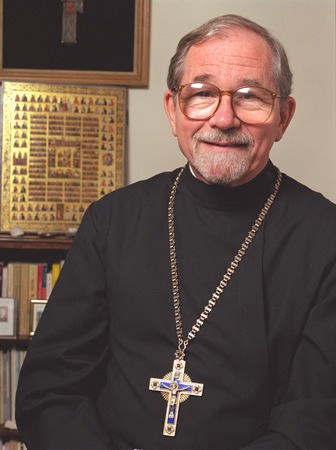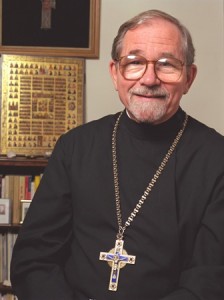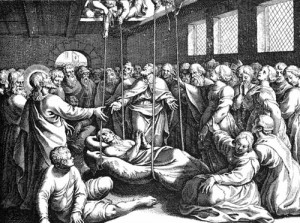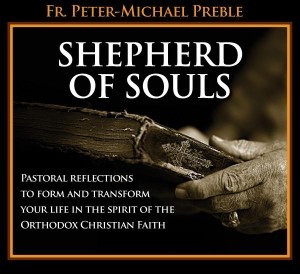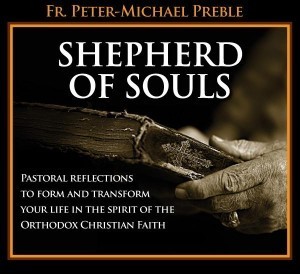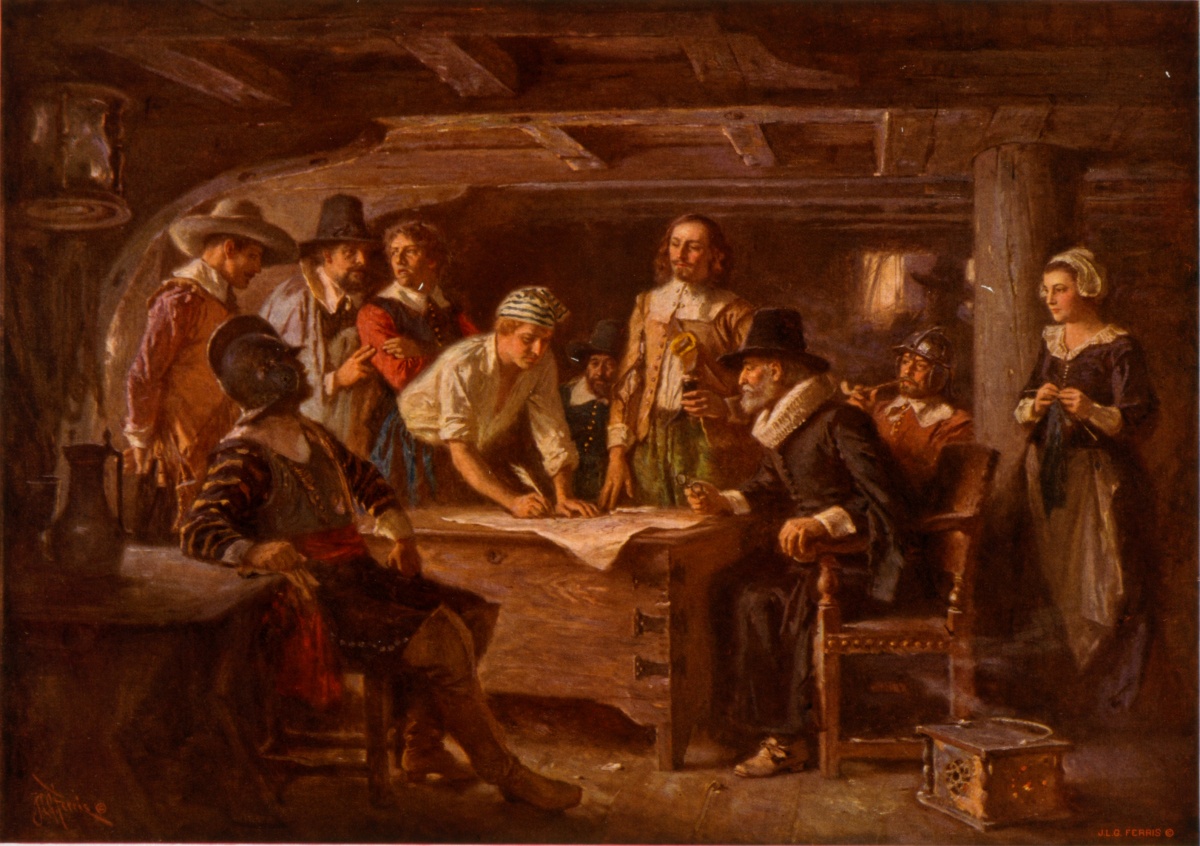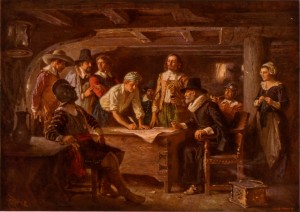I have been writing about spirituality for many years now. I have written about the need for us to forgive others and ourselves. I have written on the necessity of confession and Scripture reading. I have written on spiritual reading and Eucharist but what I have not written about is that none of that will happen unless we answer yes to God’s call on our lives to become authentic followers of His.
Today we celebrate the great feast of the Annunciation. This is the day that the Angel Gabriel appeared to Mary and asked her, notice I said asked and not told, asked her to become the vessel that would deliver the Son of God to earth. I am stressing the asking part to point out that God does not force us to do anything. He wishes us to follow Him, and even provided for that with His prophets and His only Son as a guide, but the decision is ours to make.
Traditionally the Church believes that Mary was a young woman in her teens. She had spent her life in the temple, given to God by her parents shortly after her birth and was prepared for this from her birth. One could even say that this was the reason she was born. The Angel Gabriel came to Mary and told her of God’s plan. The Angel told her that she would conceive, and she would bear a son and she was to call Him Jesus.
Hearing this she asked only one question, and that was how this can be since she had no husband. The Angel told her that the Holy Spirit would come upon her, and the power of the Most High will overshadow her and that the child would be the Son of God.
Now I am not sure about you but I think I would have a million questions about all of this, and as Scripture reveals, Joseph, her betrothed, had many questions. But Mary was different. As I mentioned, she had been prepared by her parents and God for this very moment. Mary looked at the Angel and said, “Behold, I am the handmaid of the Lord; let it be to me according to your word.”
I always like to ask the question, what if Mary had said no? I know it can be a silly questions but put yourself in her place. A young woman, in a society that has little or no value for women, and suddenly she is “with child.” She is engaged to a man, and unlike society today, they do not live together nor have they had sexual relations. How is she going to explain this to her parents and others? These would all be questions that I would expect to be asked if this were a 21st century story.
But so great was the trust that Mary has in God that she did not question what was being asked of her. This child, with no formal education, agreed to do what being asked of her simply because God asked her too. That is the essence of the spiritual life, the yes to God.
This feat is less about the fact that the Angel came to Mary and she conceived and in nine months will give birth, no, what this feast is about is the yes of a simple first century girl to God that started her on the journey of a lifetime.
Many years ago, the contemporary Christian artist Steven Curtis Chapman wrote a song called The Great Adventure. The first line of the song is “saddle up your horses for this is the great adventure.” He was writing about the spiritual life and our yes. A journey of a million miles begins with that first step but before we can even take that first step we have to agree to take the journey in the first place.
On this Feast of the Annunciation say yes to God and follow Him on the Great Adventure!

